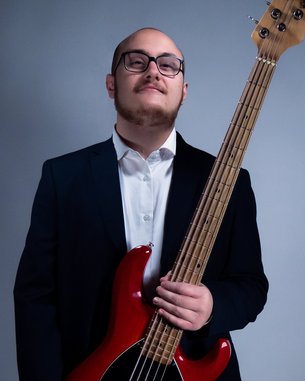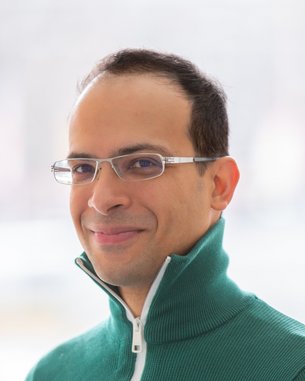Are you passionate about song production from the initial idea to the performance or finished production? Our Bachelor's degree in Music Production is ideal for musical all-rounders who want to direct the creative and technical design of songs.
Music Production
- Bachelor of Arts (B.A.)
- 7 Semesters
- on campus
- 210 ECTS
- €790/Month
- Direct entry available
- In accreditation
- university cooperations
- Full time
- German / English
- summer & winter semester | SRH Gera collaboration
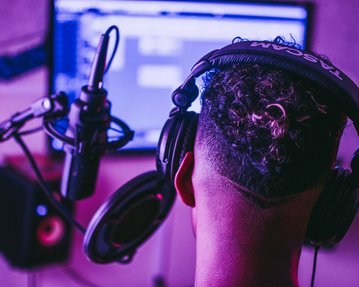
Your course content
Composing, arranging, mixingA contemporary artistic education as a composer and musician combined with sound engineering and organisational know-how form the core of the study programme of the BA Music Production. From the first semester onwards you will have access to our DAWs and studios. Here you will go through all relevant functions and roles within the music production process.
Weekly workshops on colourful topics of music practice such as songwriting and sound engineering, live panels with experts from the music industry, as well as diverse practical projects in each semester offer plenty of opportunities to try out your skills in front of an audience and expand your network. Teachers from all areas of the live and recording industry will support you on your career path.
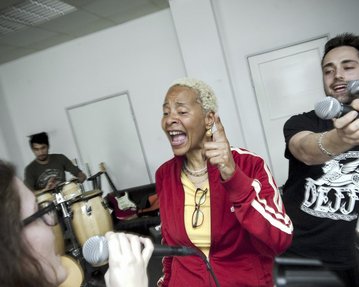
Your career prospects
Songwriter, sound engineer and moreAfter your degree in Music Production you will be able to move routinely and flexibly in the fast-moving music market. As a composer you will write music for events and publications, as a performing musician you will take over the direction of your musical contribution as well as the of concerts and sessions. As a sound engineer you will be responsible for recordings and mixes of productions under your own direction, as a producer you will become familiar with all necessary management tasks.
The BA in Music Production offers excellent career opportunities such as employment in:
- Production companies, ensembles, concert promoters, training companies
- Phono industry, labels, publishers, distributors, TV and radio stations, PR and marketing companies
Cooperation with:
- Songwriters / composers, lyricists, speakers, bands / music groups, orchestras
- Producers, sound studios, clients from the industry and private sector
Freelance activities as:
- Author / composer, arranger / orchestrator, interpreter / musician
- Sound technician / sound engineer for concerts, events, theatre, radio, television, sound recordings
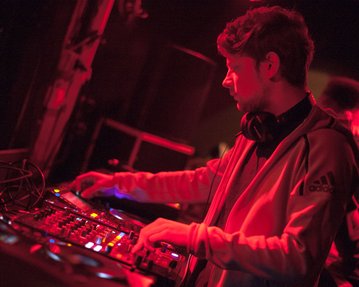
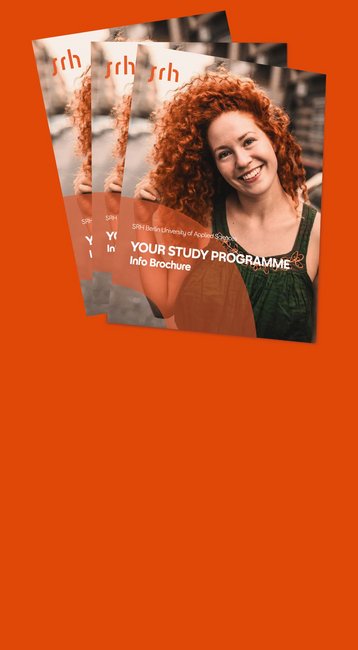
Study programme brochure and more ...
Discover your future in music with us
Steps Ahead
Hearing your own song on the radio or in advertising, signing with a label: The "Steps Ahead" Listening Session at the Berlin School of Popular Arts offers young talents the opportunity to get a few steps closer to this goal. Musicians get to meet decision makers from the music industry and media in person. Thanks to the direct feedback, our students get the chance to get their song on radio or to sign a contract.
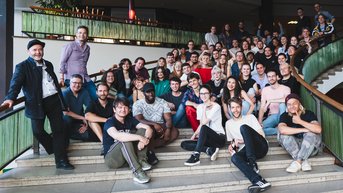
SOPA Bandcamp
First successful SOPA Bandcamp at the Landesmusikakademie Berlin with lots of great moments and many enriching impressions.
SOPA Sessions
Your curriculum
Basics in Theory and Practice
-
Recording Techniques
5 -
Musical Analysis
5 -
Music Theory
5 -
Practical Project I
5 -
Instrument Minor I
5 -
Pop Music History I
5
In the first semester, you will acquire the basics of recording technology, acoustics and applied music theory. In dealing with DAWs, you will learn the basics of music production step by step. Instrument minor subjects such as piano and choir complement the basic design field. Popular music history, ear training and various practical projects such as the first semester concert are also on the agenda.
Discover and Design
-
Music Theory - Harmony
5 -
Digital Techniques
5 -
Elective I (Choir & Body Percussion)
5 -
Practical Project II
5 -
Instrument Major I / Ensemble I
5 -
Musicology
5
In addition to harmony theory and musical and technical ear training exercises, you will discover the world of digital audio technology. You will become familiar with the functions and workflows of sequencers. Accompanying sound studies, cross-school practical projects and an optional module open the door to musical experiments and learning experiences. Through individual lessons in the main artistic subject as well as in ensembles, you can fine-tune your own musical material and try your hand at interaction with others. The main artistic subject and the ensembles last until the sixth semester.
Songwriting and Recording
-
Songwriting
5 -
Composition
5 -
Studio Techniques
5 -
Practical Project III
5 -
Instrument major II / Ensemble II
5 -
Media Law
5
In the third semester your focus is on writing and producing own songs. From composition to the sound design of the songs, with instrumental musicians or DAW-based, up to recording, editing and mixing, you go through the entire production chain of your music. In addition to your own music, you can also produce a song based on briefings from the music industry. In accompanying courses such as stylistics, ear training, harmony theory and studio practice, urgent questions from the creative process are addressed and solved together. In addition, you deal with the rights and duties you have as musical authors.
Arranging and Producing
-
Arrangement
5 -
Production
5 -
Elective II
5 -
Practical Project IV
5 -
Instrument major III / Ensemble III
5 -
Language / Physiology
5
In the fourth semester, you will practice arranging and producing your own and third-party compositions. For this purpose, you will acquire knowledge in dealing with different instrument groups and typesetting techniques and routinise your work with production and notation programmes. Mixing and mastering are two essential process steps. In addition, the critical examination of well-known music titles from a technical recording point of view trains your ear and, in retrospect, sensitises you to the challenges of the music production chain by looking back at the previous production steps of composition, interpretation, recording and mixing. A further optional module offers space for personal development.
Practical Phase
The fifth semester is all about practice. During an internship at home or abroad, a study abroad at a partner university or a practical semester, you will systematically expand your professional repertoire and establish direct contact with the business world, with your colleagues and with different music scenes.
Media and Stage Music
-
Sound Design
5 -
Orchestration
5 -
Elective III
5 -
Practical Project V
5 -
Instrument Major IV / Ensemble IV
5 -
Project Organisation
5
In the sixth semester, you enter the broad field of scenic and functional music. In the modules on sound design and orchestration you will learn how to design compositional design tools in a targeted manner, how to use them and how to produce music for different contexts and media applications. You will become familiar with sound synthesis questions, sample libraries and other plug-ins. In addition, you will deal with the basic tools and processes of project organization in order to be able to plan and carry out artistic live productions independently. Your own final concert in your main artistic field is a good opportunity to do so.
Individualisation and Thesis
-
Film Music / Game Audio
5 -
Elective IV
5 -
Portfolio Development
5 -
Production Management
5 -
Bachelor's Thesis
10
Shortly before graduation, the students prove their know-how in planning, calculation and realization of a studio production. In addition, they immerse themselves in the interplay of music and image in the field of film and game music and conclude the field of media and stage music with an independent composition. In the area of portfolio development the students develop their own showreel, individually supervised by individual lessons. At the end of their studies, they write their B.A. thesis, which can also include artistic and creative elements.
The Corona crisis is hitting the creative industries and the music scene hard.
How are artists able to strengthen their resilience, find new impulses and use the crisis as an opportunity?
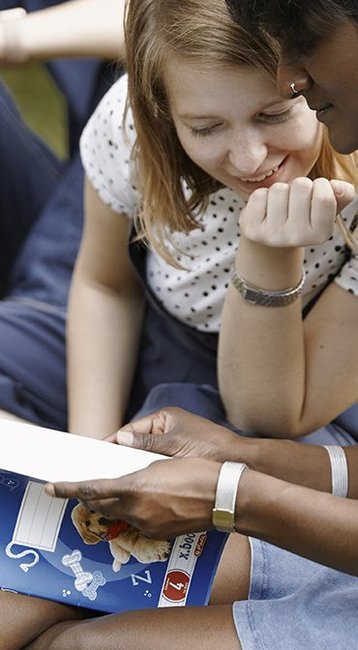
Do you want firsthand information? Our students are happy to share their experiences with you, tell you about their courses, their projects and student life in Berlin, Hamburg and Dresden.
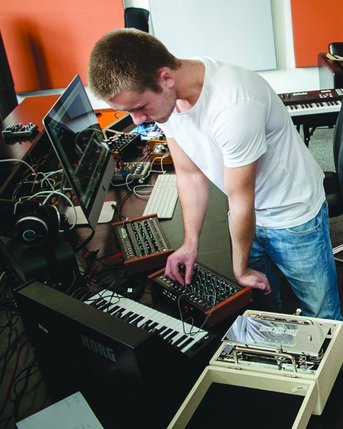
Instruments or vocals
Playing an instrument (or vocals) is an admission requirement for the Music Production study programme. The following are accepted: voice, piano, guitar, electric bass, double bass, drums, violin, saxophone, trombone, trumpet, flute.
Your chosen main music instrument must be presented in the entrance examination. If the computer is your instrument, study Audio Design!
We help you achieve your goals
Letter of motivation and own tracks
Admission requirements vary according to the educational background and citizenship of all applicants. Our admission requirements are in accordance with German legal stipulations.
The basic requirements are:
- General higher education entrance qualification (Abitur) or university of applied sciences entrance qualification (Fachhochschulreife). In case you have not graduated yet, please apply with your existing transcripts or your latest interim certificate. However, we need your final degree certificate before you can start your studies.
- CV
- Two songs in MP3 format: for your studies, you must choose and present an instrument (or vocals) as your main subject. Please upload your own compositions or interpretations of foreign pieces with your application (each lasting 1-4 minutes).
- Copy of your identity card or passportAfter successful pre-selection, we will invite you to the practical entrance exam. During the exam, we want to assess your programme-specific expertise, creativity, creative and expressive drive, and motivation. To help you prepare, you can find a sample entrance exam here.
Find out if you are eligible
Submit your application directly through our online platform to see if you qualify for our Bachelor's programmes. Our admissions experts will review your documents and directly inform you of your eligibility, or if further education is required. Apply now!
Important: Applicants with foreign degrees who can access a state-accredited university in their home country (or country of their studies), and meet the SRH subject and GPA requirements, are typically eligible to start our Bachelor's programmes directly. Our team will meticulously evaluate your application and provide feedback on your eligibility.
- If our admissions team determines that a Foundation year is necessary, we are pleased to offer a specialised foundation course at the SRH International College.
- For students deemed to require additional preparation who would prefer a year of university in Berlin, we recommend our partner, Touro University, and their International Year One programme.
I) Details songs
Please upload two songs in MP3 format in which you present your musical instrument with the application form, which will be your main subject during your studies. They can be your own compositions or interpretations/arrangements of foreign pieces, lasting at least one and at most four minutes. In addition, write a one-page PDF file that provides information about these titles and their original authors and performers. Describe the nature and scope of your own work and cite the work of third parties.
Your individual artistic and creative strengths, which are expressed in the music examples submitted, should relate to the following focal points:
- Author: composition/musical adaptation
- Performer: instrumental performance - at least one song must feature the main instrument
- Performer: vocals
- Producer: sound engineering/production
The result of the pre-selection will determine whether the candidate will take part in the practical entrance examination.
II) Entrance examination
The following is important:
- a strong will to express yourself and create sth unique
- good knowledge of an instrument/vocals
- basic theoretical and practical knowledge of popular music
The entrance examination includes a 30-minute written exam with music theory, ear training and sound engineering content.
This is followed by the 30-minute practical component consisting of:
- your self-made presentation with two main topics
- practical aural training
- further tasks and questions
- a personal conversation about your motivation to study Music Production at the Berlin School of Popular Arts
Your self-designed presentation
It consists of two pieces of music chosen by you and refers to the main focus on composition, instrumental playing/vocals and sound engineering. Please choose only two of the three main focuses and apply both focuses to your two pieces.
The pieces of music can be played live - solo or with accompaniment - and/or from tape. Please present yourself live on your main instrument of choice. The quality of the practical component of the entrance examination is decisive for the assessment of your ability to study artistic and musical studies at the Berlin School of Popular Arts.
III) Here are the English requirements you should bring along:
- TOEFL 87 ibt (direct entry)
- TOEFL 79 - 86 ibt (with additional agreement)
- TOEIC 785 (Listening/Reading 785, Speaking 160, Writing 150)
- IELTS (academic) 6.5 on average - please see Language Centre guidelines if results differ
- CAE (grade A, B, or C)
- CPE (grade A, B or C)
- Pearson English Test Academic (PTE-A) 59 points
- Linguaskill: 176 - 184 (CES) - all four skills required
- Duolingo 110 points
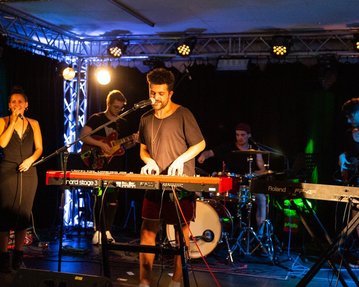
Your tuition fees
As a state-recognised, private university, SRH Berlin University of Applied Sciences is financed by tuition fees. This revenue go towards equipping our campus, providing services for our students, and quality assurance. In this way we ensure that you receive the best possible education under optimal study conditions.
Tuition fees (per month or per semester)
- EUR 790 / month (Citizenship EU/EEA incl. Western Balkans, Switzerland and Ukraine)
- EUR 4,740 / semester (Citizenship non-EU/non-EEA)
Enrolment fee (once)
- EUR 750 (Citizenship EU/EEA incl. Western Balkans, Switzerland and Ukraine)
- EUR 1000 (Citizenship non-EU/non-EEA)
The monthly/semester tuition fees remain the same for the entire duration of the study programme. More information about our fees.
Please find more information about funding options on our page "Financing your studies". Our Student Advisory Service will be happy to answer any questions you may have.
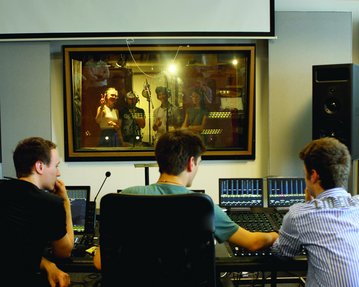
Application and entrance exam
Please find the Application and Late Arrival deadlines here.
We look forward to getting to know you. This is our application process:
- You apply online via our SRH Universities Application Portal
- If you meet the admission requirements, we will invite you to an entrance examination*
- If you your entrance examination is successful, you will receive an acceptance letter and the study contract
- You will sign the study contract and send it back to us
- You will pay the registration fee
- We will prepare your letter of admission for you
- You take part in our Welcome Week and then it begins!
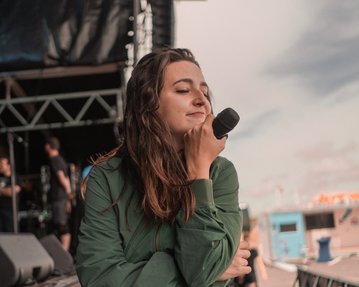
Join our 3 different webinar series
- How do I apply? series
- How do I finance my studies? series
- Q&A with your study advisor series
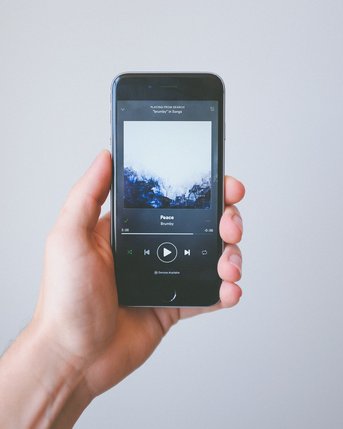
Berlin School of Popular Arts (SOPA) on Spotify
In our SOPA Playlist we present current and former students from the study programmes BA Music Production, BA Audio Design and BMus Popular Music. All songs were either (co-)composed, interpreted, arranged and/or produced by our students!
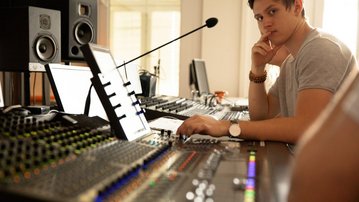
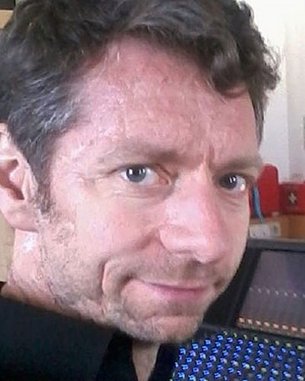
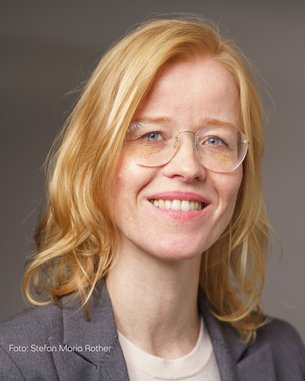
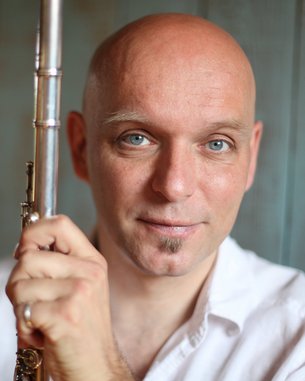

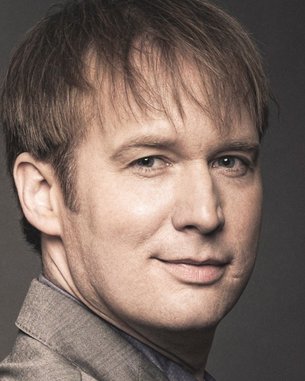
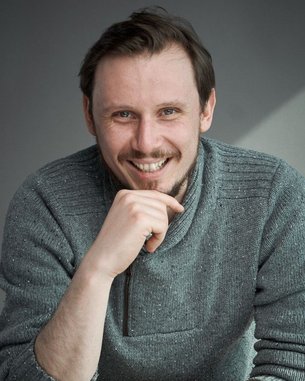
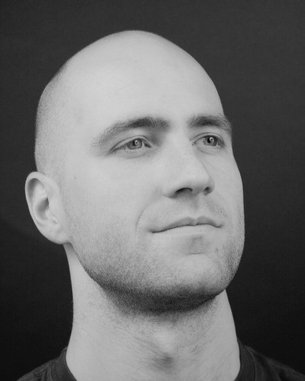
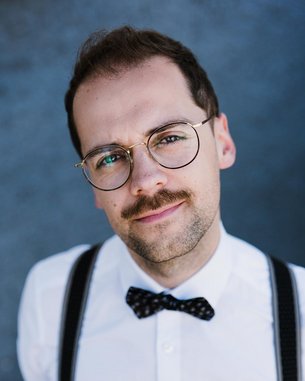
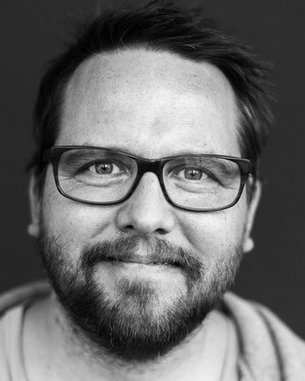
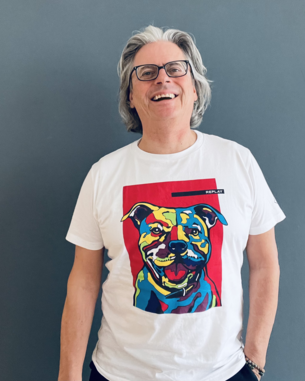
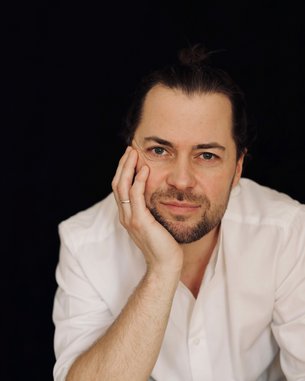
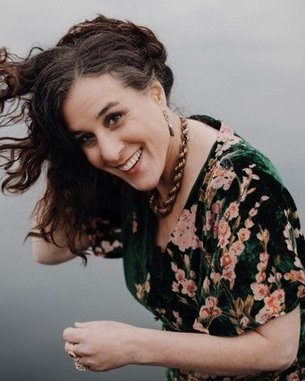
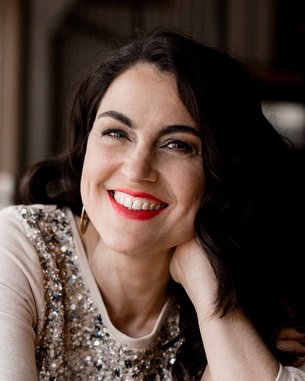
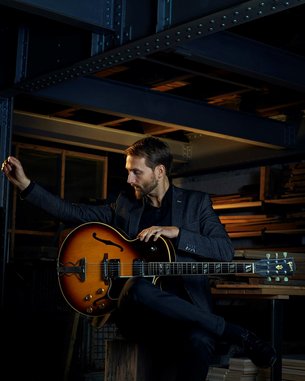
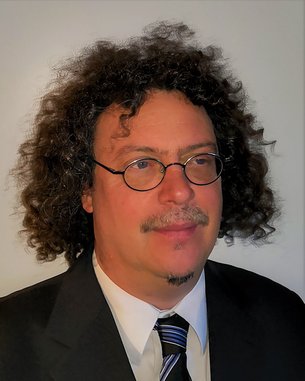
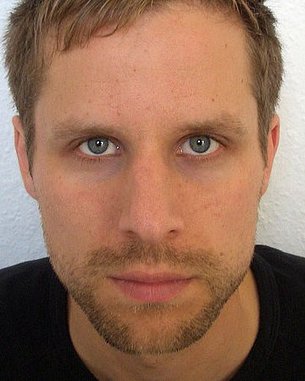
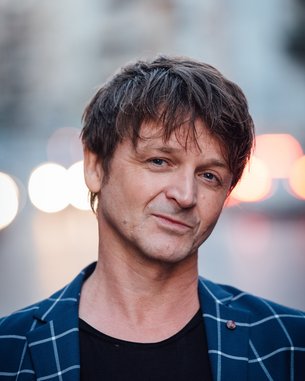
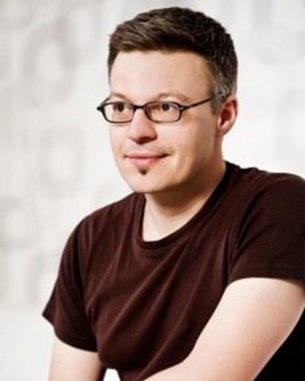
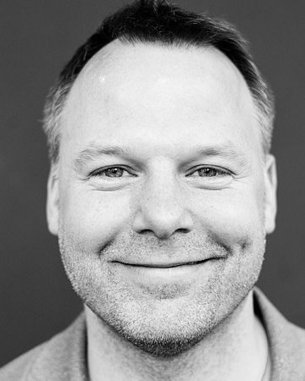
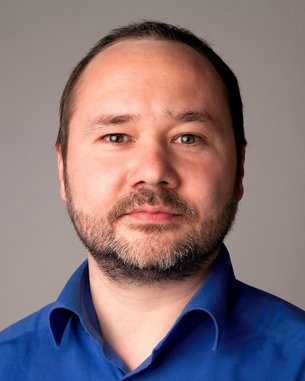
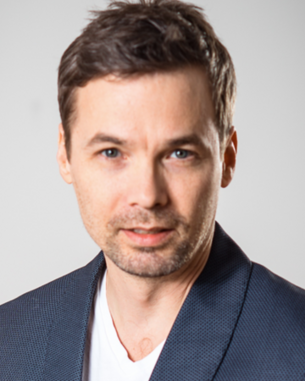
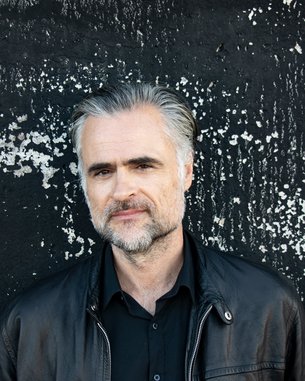
![[Translate to English:] Carlos Albrecht](/fileadmin/_processed_/c/7/csm_Carlos_Albrecht_a781570113.jpeg)
